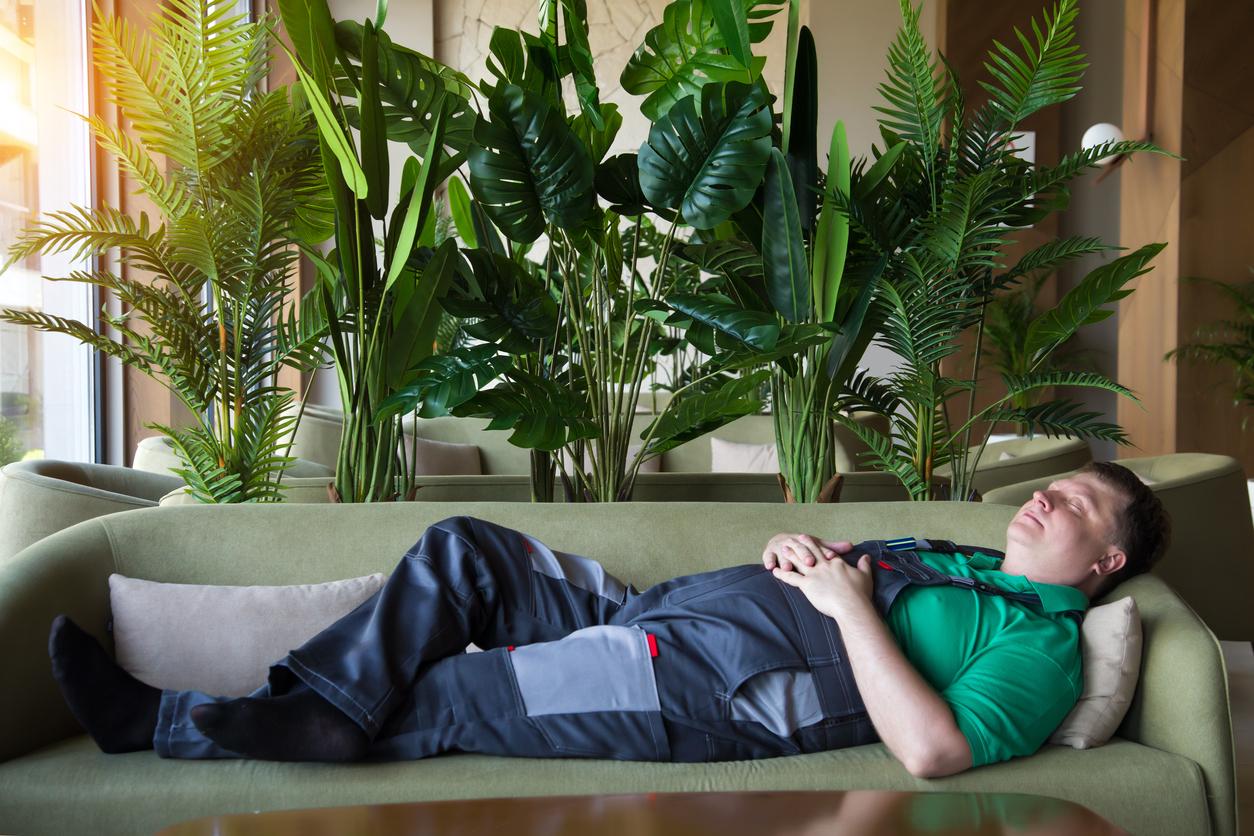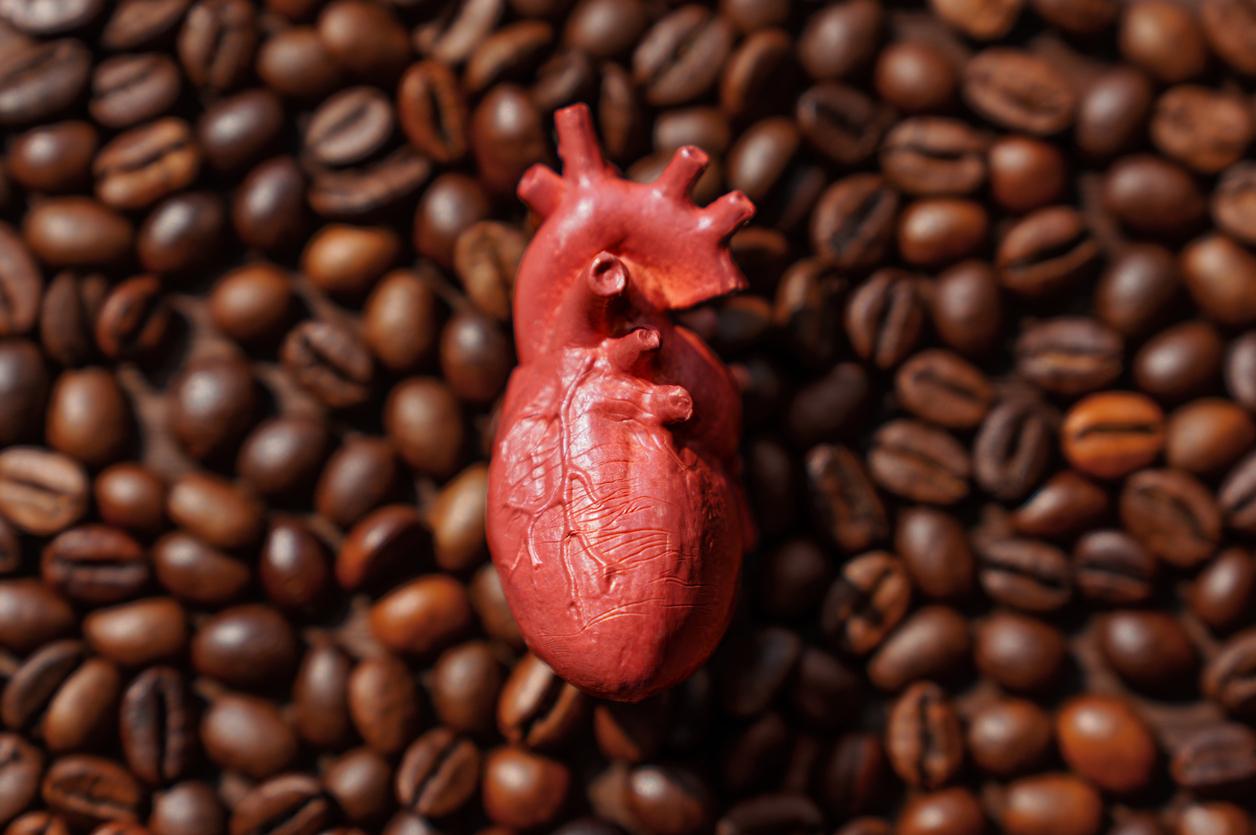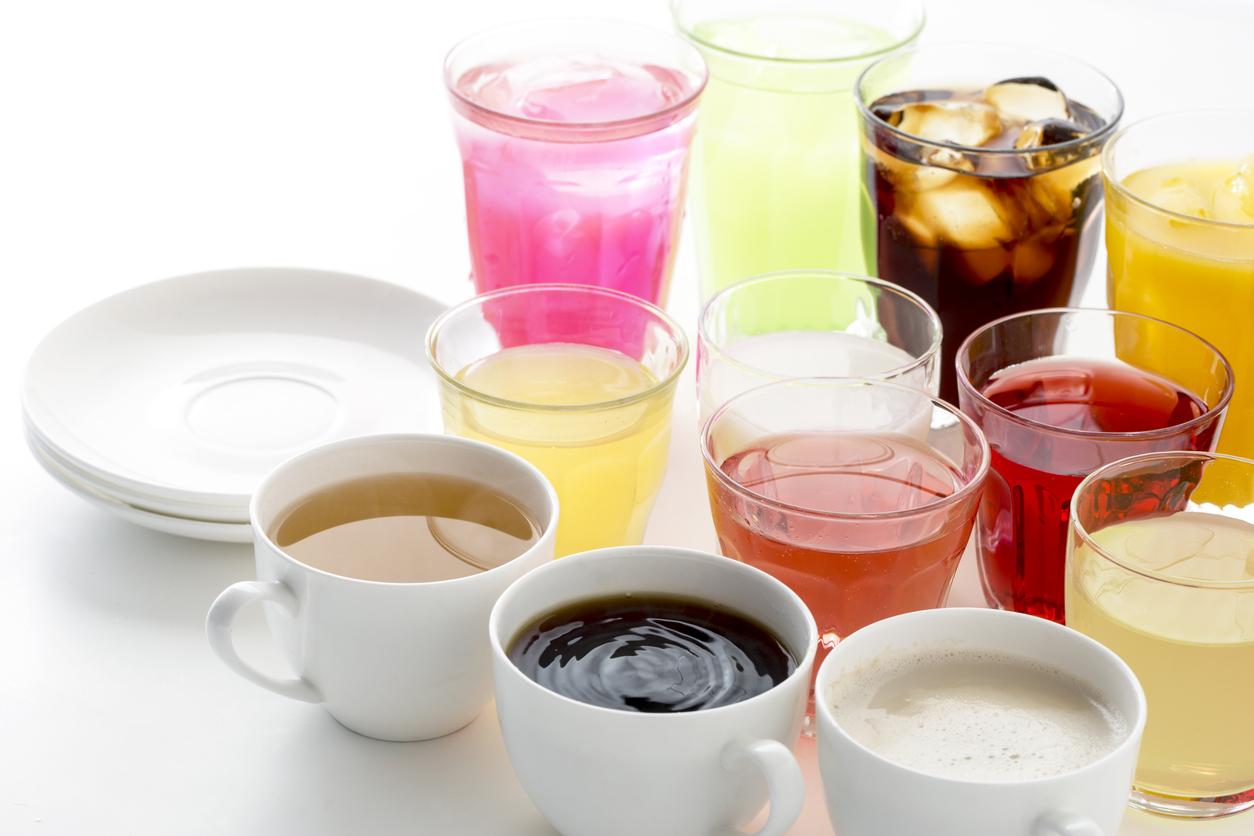Of course, coffee gives you the energy and allows you to benefit from certain health benefits, but it also has its counterparts: heartburn, acid reflux, palpitations (among others). However, we often hesitate to do without coffee because we never imagine that another drink can cause the same effects. For example, giving us energy.
“Coffee is a bit like cheese in France. It’s part of our heritage! If we want to stop it, it’s often linked to minor health problems, sometimes more rarely for a fashion effect” underlines Hélène Comlan, naturopath in Montpellier. In case of pregnancy, hypertension, heart problems or recurrent insomnia, one is obliged to do without it. But don’t panic… There are many equally tasty alternatives that can also give you a boost. “The small problem for real coffee lovers is at the level of taste. It will often be difficult to find the same power. But we can get closer. Afterwards, it is quite possible to get used to it and get to a de-addiction as in all addictions” adds the specialist.
Goal: less caffeine
“Coffee is a stimulant that people take when they are tired, but which ends up exhausting the body” emphasizes Dr. Chevallier, nutritionist. “Caffeine is not a pick-me-up. It speeds up the heart rate, tires the heart, can cause sleep disturbances depending on the degree of consumption for non-decaffeinated coffees. Drinking in large quantities, coffee also prevents proper assimilation iron by the body. It can thus cause anemia, which will itself lead to fatigue… A vicious circle.”
The solution, if we tend to overuse the coffee maker? Gradually reduce its consumption by replacing certain cups of coffee of the day with substitutes, such as chicory.
VSare caffeine-free substitutes? Obtained by roasting cereals (barley, wheat, spelled…), fruit (fig, acorn, chestnut…), root (chicory, dandelion…) or kernels (date, cherry… ), these substitutes are naturally caffeine free. They can thus be consumed at any time of the day. These comforting drinks, sources of fiber (especially those offered in the form of soluble powder) and minerals (iron, phosphorus, magnesium, etc.), can also help “addicts” to reduce their consumption of coffee, which is sometimes responsible for irritation. gastric or arterial hypertension.
Substitutes often grown in France
While coffee beans travel several thousand kilometers before ending up in our cups, substitutes promote local cultures. In the past, these “coffees” were commonly “home-made”, with dandelion roots from the garden, cherry pits…roasted on the stove, crushed and then infused.
Today, most ersatz coffees marketed in France are made from ingredients grown in France (chicory in the North, barley in Brittany, etc.) or from our European neighbours. Their taste varies according to the roasting method, the dosage and the method of preparation. (soluble powder, seeds to infuse or grind for percolator). Sometimes you have to test a few references before finding the one that best suits your palate. Several brands offer original blends: Cereccino d’Aromandise (wheat, barley, fig, acorn), Nectador de Favrichon (with chicory in addition), Yannoh de Lima (wheat, barley, rye, chicory, chickpea), etc. . Something to vary the pleasures, from sunrise to sunset.
Our Experts:
- Dr Laurent Chevallier, nutritionist, author of So what do we eat (ed. Fayard)
- Hélène Comlan, naturopath in Montpellier, author of Naturopathy: 200 recipes (ed. Marie Claire)
Read also :
- Should we be wary of coffee capsules?
- Teenager dies of drinking too much caffeine
- The number of cups of coffee not to exceed per day

























